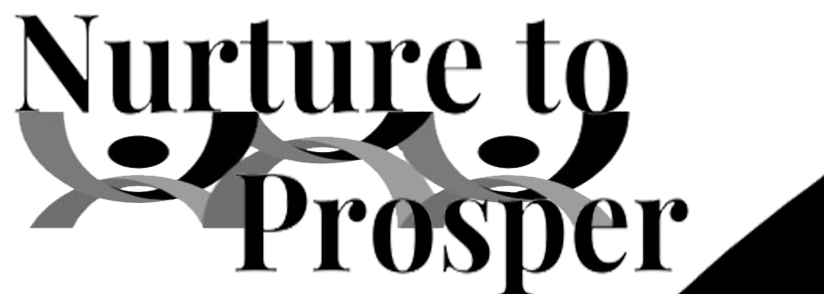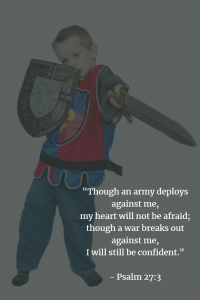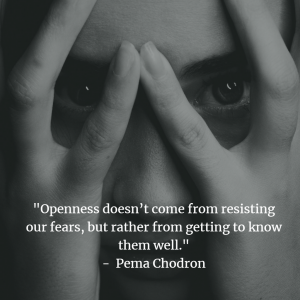Nurturing Honesty in Your Child: Confronting Fears and Embracing Truth

In the intricate dance of parenting, guiding your child toward honesty is a crucial step in fostering a strong sense of self-awareness and resilience. The quote by Pema Chodron beautifully encapsulates the essence of this journey, emphasising that true honesty arises from facing, not evading, our fears.
The truth, as perceived by individuals, can be subjective and influenced by the fears we grapple with daily. It is common for both adults and children to resort to harmless lies or pretense to mask their fears. However, it is vital to recognise that honesty should be the guiding compass in your child’s life. Honesty lays the foundation for self-awareness and understanding, essential elements for living authentically and conquering fears. When your child embraces truth, they not only admit mistakes but also embark on a journey of learning and growth. This, in turn, nurtures confidence and empowerment.
Fear has the potential to paralyze, making the act of telling the truth a courageous stance. Encouraging your child to express their true feelings enables them to make decisions aligned with their authentic selves. Speaking up when something feels amiss reinforces their ability to resist fears, fostering authentic relationships based on mutual honesty. Regular truth-telling helps your child understand their values, guiding them to live in harmony with their beliefs and minimise fear’s influence on their lives. Being truthful with oneself becomes a prerequisite for extending honesty to others. When we are authentic with ourselves, we are better equipped to navigate the complexities of honesty in our relationships.
The power of your child’s thoughts in shaping their reality cannot be underestimated. Fears, if left unexamined, can limit their potential and lead to harmful beliefs. By fostering self-honesty, your child can dismantle these false beliefs, replacing them with empowering ones, paving the way for a life free from the constraints of unfounded fears. While fears can take various paths, some common manifestations include:
- False Evidence Appearing Real: Events triggering unpleasant emotions may lead to a skewed perception. For instance, a friend’s betrayal might falsely convince your child that all friendships are untrustworthy.
- Logical Explanation Crafting: Driven by fear, your child might overthink situations, crafting logical explanations that deviate from the truth. For instance, justifying a friend’s betrayal as their own fault.
- Denial: Often a defence mechanism, denial can shield your child from uncomfortable truths. For example, denying poor performance in a subject like mathematics allows them to avoid acknowledging the need for better preparation and regular practice.
Additionally, you can help your child reflect on situations where they might have wrongly attributed blame to themselves. Perhaps, they convinced themselves it was their fault when someone else wronged them, or they felt guilty for something beyond their control while trying to protect someone else’s feelings. In both cases, your child engaged in self-deception, making it challenging for them to be truthful about their experiences and emotions.
Recognising these fear-driven tendencies is crucial. Your child may unknowingly engage in self-deception, hindering their ability to be honest. Helping them identify and confront these fears enables a journey toward self-honesty and a more truthful existence. Fear can be a formidable force, influencing individuals to shy away from openness. Your child is no exception. Help your child to confront fears, dispel negative beliefs, and embrace a self-honest narrative revolving around their worthiness, capabilities, and capacity for positive change. In doing so, you empower your child to live authentically and fearlessly.




